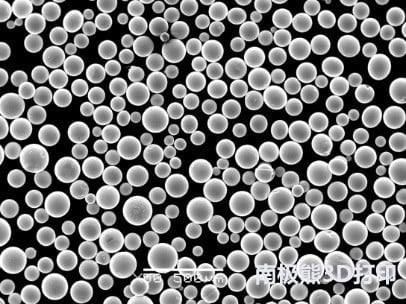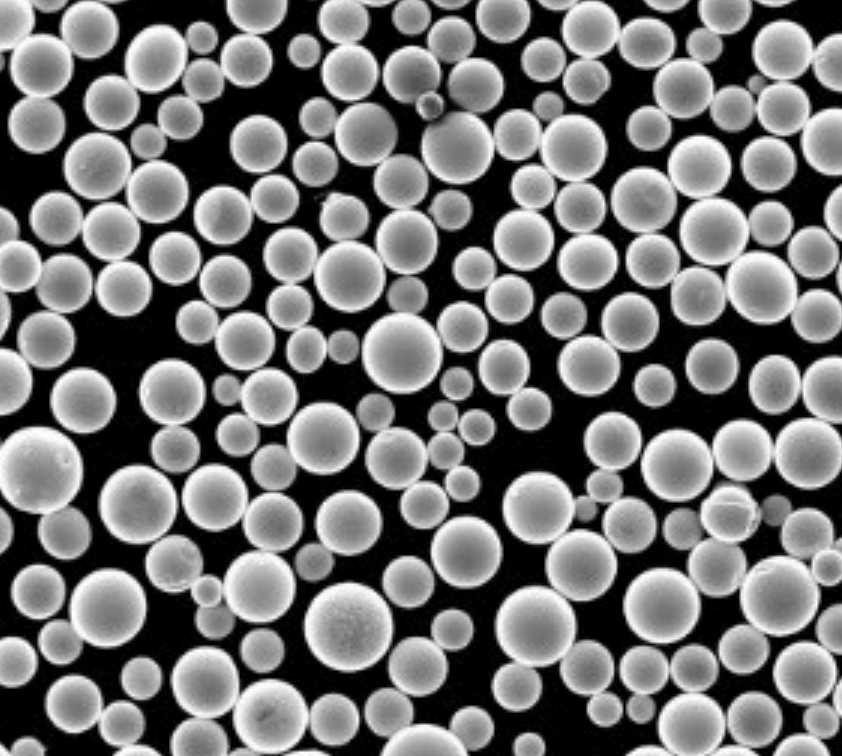Ever wondered what that fine, metallic dust whizzing around during a welding project is? That, my friend, is pó para soldadura, a secret weapon in the welder’s arsenal. But don’t be fooled by its unassuming appearance – this magical powder plays a critical role in creating strong, lasting welds.
This article dives deep into the fascinating world of welding powders, exploring their types, applications, and how to choose the right one for your project. Buckle up, and get ready to transform your perspective on this essential welding companion!
Vantagens de pó para soldadura
Imagine trying to stitch two pieces of fabric together without thread – that’s essentially what welding would be like without powder. Here’s how these tiny particles elevate the welding experience:
- Stronger, Flawless Welds: Welding powder acts as a filler metal, adding material to the joint and creating a robust connection. Think of it as the bridge between the two pieces of metal, ensuring a smooth, seamless weld.
- Versatility Across Metals: Unlike traditional welding rods limited to specific metals, powders offer incredible versatility. They can weld a wide range of metals, including steel, aluminum, stainless steel, and even exotic materials like titanium.
- Improved Weld Control: The finer consistency of powder allows for greater control over the weld pool, resulting in more precise and intricate welds. This is particularly beneficial for delicate projects requiring finesse.
- Enhanced Productivity: Powder-based welding processes, like laser and arc welding, often boast faster welding speeds compared to traditional stick welding. This translates to increased efficiency and productivity, especially for large-scale projects.

Different Types of Welding Powders
Not all welding powders are created equal! Each type has its unique properties and applications. Here’s a breakdown of the most common varieties:
- Pós metálicos: These workhorses form the foundation of most welding powders. They come in various compositions, matching the base metal being welded for optimal compatibility and strength. For instance, steel welding powders will primarily consist of iron with additional elements like manganese or silicon for specific properties.
- Flux-Cored Welding Powders (FCW): These innovative powders have a hollow core filled with flux, a compound that cleanses the weld area and protects it from oxidation. FCW powders offer excellent weld quality and are user-friendly, making them a popular choice for hobbyists and professionals alike.
- Metal Injection Molding (MIM) Powders: These finely-grained powders are used in a specialized process to create complex near-net-shape components. MIM powders offer high precision and can produce intricate details, making them ideal for applications like aerospace and medical devices.
Key Considerations When Choosing a Welding Powder
Selecting the right welding powder requires careful consideration of several factors. Here’s a roadmap to guide you:
- Metal de base: The type of metal you’re welding dictates the powder composition. Ensure the powder is compatible with the base metal to achieve a strong, lasting bond.
- Desired Weld Properties: Do you need a strong, crack-resistant weld, or is corrosion resistance a priority? Different powders offer varying properties, so choose one that aligns with your project’s specific needs.
- Welding Process: The type of welding process you’ll be using, like MIG (Metal Inert Gas) or TIG (Tungsten Inert Gas), will influence the powder selection. Some powders are specifically designed for certain processes to ensure optimal performance.
- Ease of Use: For beginners, flux-cored powders are a good option due to their user-friendly nature. If you’re an experienced welder comfortable with shielding gases, metal powders might offer more control and customization.
Choosing the Appropriate Vendor for Welding Powders
Not all welding powder suppliers are created equal. Here are some pointers to find a reliable vendor:
- Reputação: Look for a vendor with a proven track record of supplying high-quality welding consumables. Research online reviews and ask fellow welders for recommendations.
- Product Variety: A reputable vendor will offer a diverse selection of welding powders to cater to various needs and applications.
- Conhecimentos técnicos especializados: The vendor’s staff should possess a strong understanding of welding powders and be able to guide you in choosing the right product for your project.

Perguntas Frequentes
Q: Are there any health risks associated with welding powders?
A: Yes, welding powders can pose health risks if not handled with caution. Inhalation of welding fumes can irritate the lungs and potentially lead to respiratory problems. Here’s a breakdown of some key concerns:
- Isocyanates: These chemicals are commonly found in flux-cored welding powders and can cause respiratory irritation, asthma, and even lung scarring.
- Metal Fumes: Welding specific metals releases fumes containing hazardous elements like manganese, chromium, and nickel. Chronic exposure to these fumes can lead to health problems like metal fume fever and even cancer.
To minimize health risks, always adhere to safety protocols:
- Ventilation is Key: Ensure adequate ventilation in your workspace to disperse welding fumes. Downdraft tables or fume extractors are highly recommended.
- Don’t Skimp on PPE: Invest in a high-quality respirator that filters out welding fumes. A properly fitted respirator is essential for protecting your lungs.
- Maintain a Clean Work Environment: Regularly clean your work area to prevent dust buildup from welding powders.
Q: How can I store welding powders properly?
A: Proper storage is crucial to maintain the quality and performance of your welding powders. Here are some key storage practices:
- Keep it Dry: Moisture can degrade welding powders, so store them in a dry, humidity-controlled environment. Opt for airtight containers with desiccant packs to absorb any moisture.
- Mind the Temperature: Extreme temperatures can also affect the properties of welding powders. Store them in a cool, room-temperature environment away from direct sunlight or heat sources.
- First In, First Out (FIFO): Implement a FIFO (First In, First Out) system to ensure you use older powders before opening new ones. This helps prevent older powders from deteriorating over time.
Q: Can I use expired welding powder?
A: While technically possible, using expired welding powder is not recommended. Over time, welding powders can absorb moisture or degrade, impacting their flow characteristics and weld quality. It’s best to use fresh powder within the manufacturer’s recommended timeframe for optimal results.
Q: Where can I dispose of used welding powder safely?
A: Welding powders can contain hazardous materials and should not be thrown away with regular trash. Contact your local waste management authority or environmental protection agency for proper disposal guidelines. In many cases, specialized recycling facilities handle welding waste.
Conclusion: Welding Powders – Tiny But Mighty Allies
Welding powders might seem like an insignificant detail, but their role in creating strong, lasting welds is undeniable. By understanding the different types, choosing the right powder for your project, and prioritizing safety, you can unlock the full potential of this versatile welding companion. So, the next time you witness a welder wielding their magic touch, remember the tiny powerhouse behind the scenes – the mighty welding powder!
Sobre a 3DP mETAL
Categoria do produto
CONTACTE-NOS
Tem dúvidas ? Envie uma mensagem para nós agora mesmo! Após o recebimento de sua mensagem, nós processaremos sua solicitação com toda a equipe.
